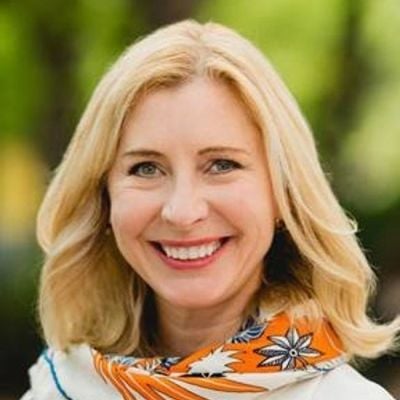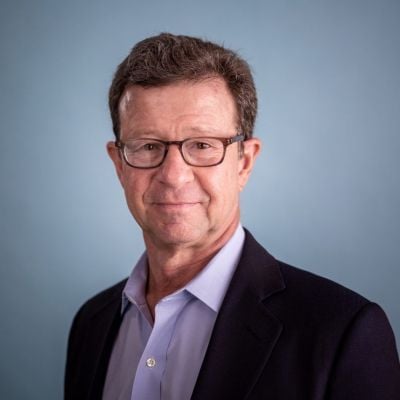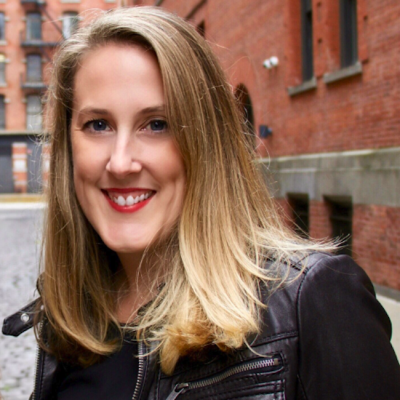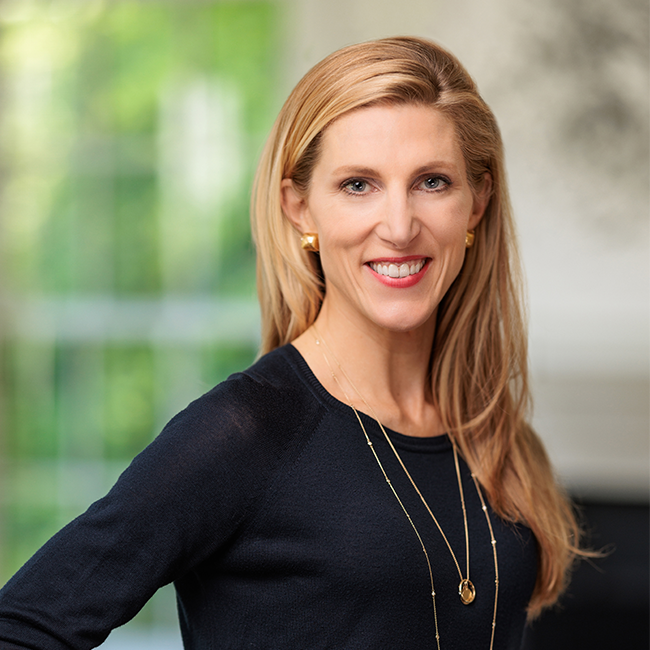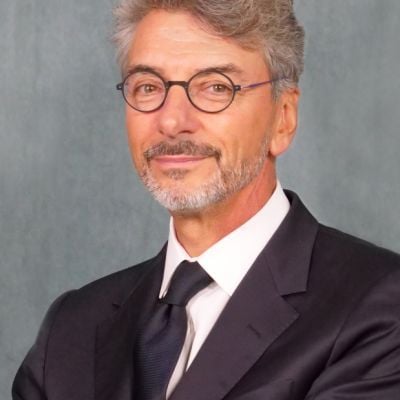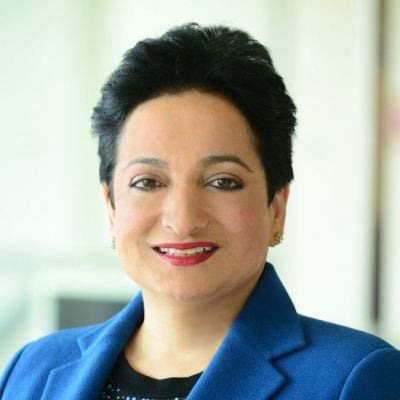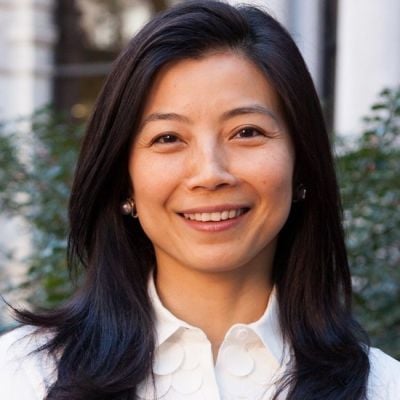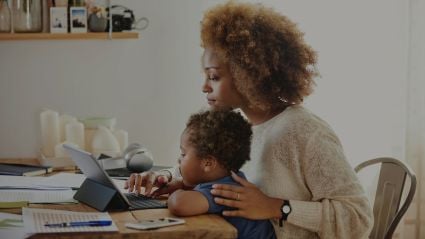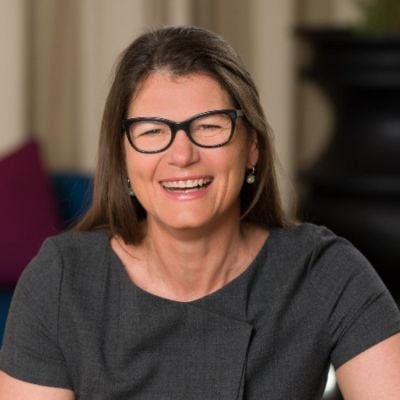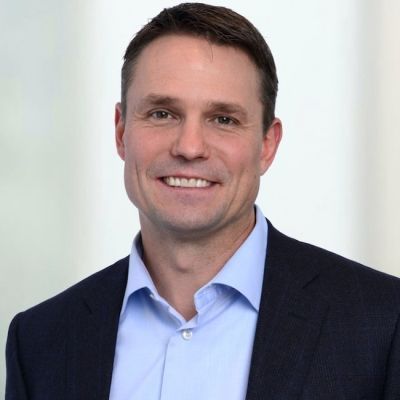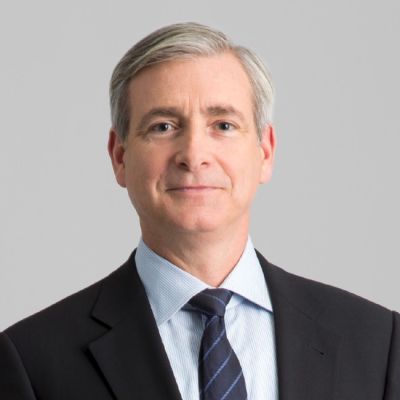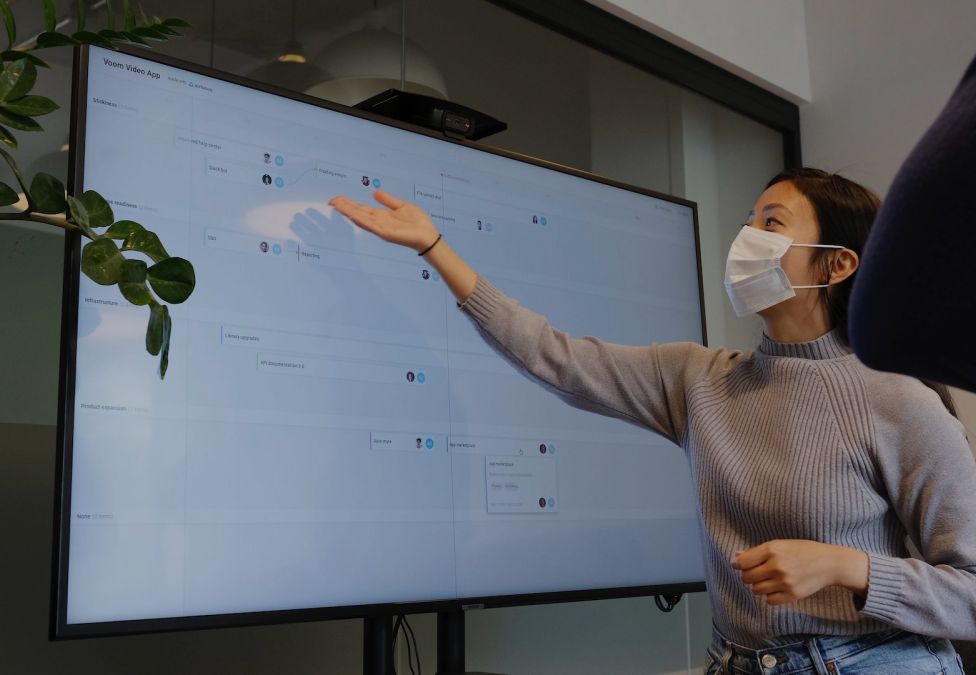
The last year and a half has been a challenging time. First and foremost, COVID-19 is a human tragedy and has precipitated changes that will take years to fully understand. Every day there’s a new complication to contend with personally and professionally, the latest of which is our return to the physical workplace in some capacity. If the pandemic has taught us anything, it is that listening and adapting are key to strengthening cultures while supporting colleagues and clients. If we can keep these lessons front and center during this time, we can have a successful and additive transition.
At Bridgewater, a core tenet of our culture is constant evolution. Investing is an incredibly challenging profession; in our view, flexibility, humility, and adaptability are table stakes to compete and win at this level. The result is that this perpetual motion machine can be seen in every aspect of our organization. Sometimes evolution is deliberate—a function of continually questioning what we’re missing and how we could be better. At other times, it’s a result of reacting as strategically as we can to circumstances we did not predict—like the pandemic.
In January 2020, Bridgewater’s operating committee approved unlimited sick days. This decision was part of a long-planned initiative to support and retain the best talent. However, little did we realize how impactful it would be. Just six weeks later the world was in the grip of COVID-19. Our internal analysis has shown that this policy was a key driver in ensuring zero community spread.
Over the last 18 months, we have worked to continue using benefits to reinforce our culture and sense of community. We have expanded back-up dependent care three times, granted managers more autonomy to employ flexible schedules, instituted unlimited vacation days and more holidays, and are requiring employees take a minimum amount of time off each year. Perhaps most importantly, we have decided that our eventual return to the workplace will be a hybrid model.
Workplaces have been fundamentally altered by the pandemic; commitment to adaptability is our key to navigating this new normal successfully.
To manage this transition successfully, we are hyper-focused on deepening our distinct “idea meritocratic” culture—a cornerstone of our company and key driver of our success—which encourages everyone, regardless of seniority, to have a voice, speak up, and engage in thoughtful debate to get to the best ideas. The work from home environment has taught us new lessons about our pursuit of a meritocracy, and we seek to carry these learnings in to our new hybrid model.
For example, we learned that remote meetings have different hierarchy dynamics than their in-person counterparts (there is no “best seat at the table”) and can generate unexpected—and successful—results. They are also more efficient. Many meetings, including those with clients, can be virtual and still deliver excellent partnership, enabling us to stay better connected while saving time and resources. We also realized that we need to communicate and convene as a group more frequently; we now come together as a company monthly. Working from home has also allowed our people to spend more time with their families, tend to physical and mental health needs, and catch up on other responsibilities.
We have learned a lot—and are still learning—but this time has been a good reminder of how meaningful in-person togetherness is. In our most recent internal survey, employees reported exceptionally high scores related to manager care, but lower scores for feeling connected to their extended circles. So we’re thinking about how time in the office can be made more strategic and can promote the intangibles that happen when people are under the same roof: focusing on collaboration and development, managing vision and purpose, building and strengthening relationships through existing links (e.g., our affinity groups), and getting back on the road and deeper in the trenches with our clients to work on their hardest problems.
We are also focused on monitoring how well this new model works, especially through the lens of inclusion, and we’re continually recalibrating, in part by surveying employees and leaning on our constant feedback culture. Workplaces have been fundamentally altered by the pandemic, and although we don’t have all the answers, commitment to adaptability is our key to navigating this new normal successfully.
